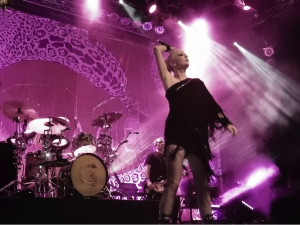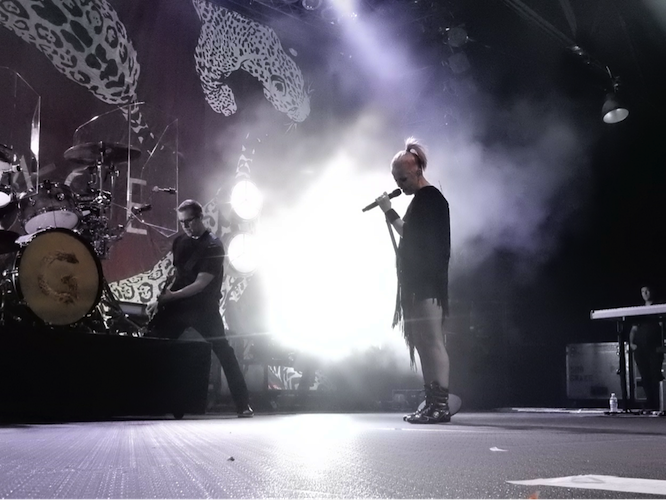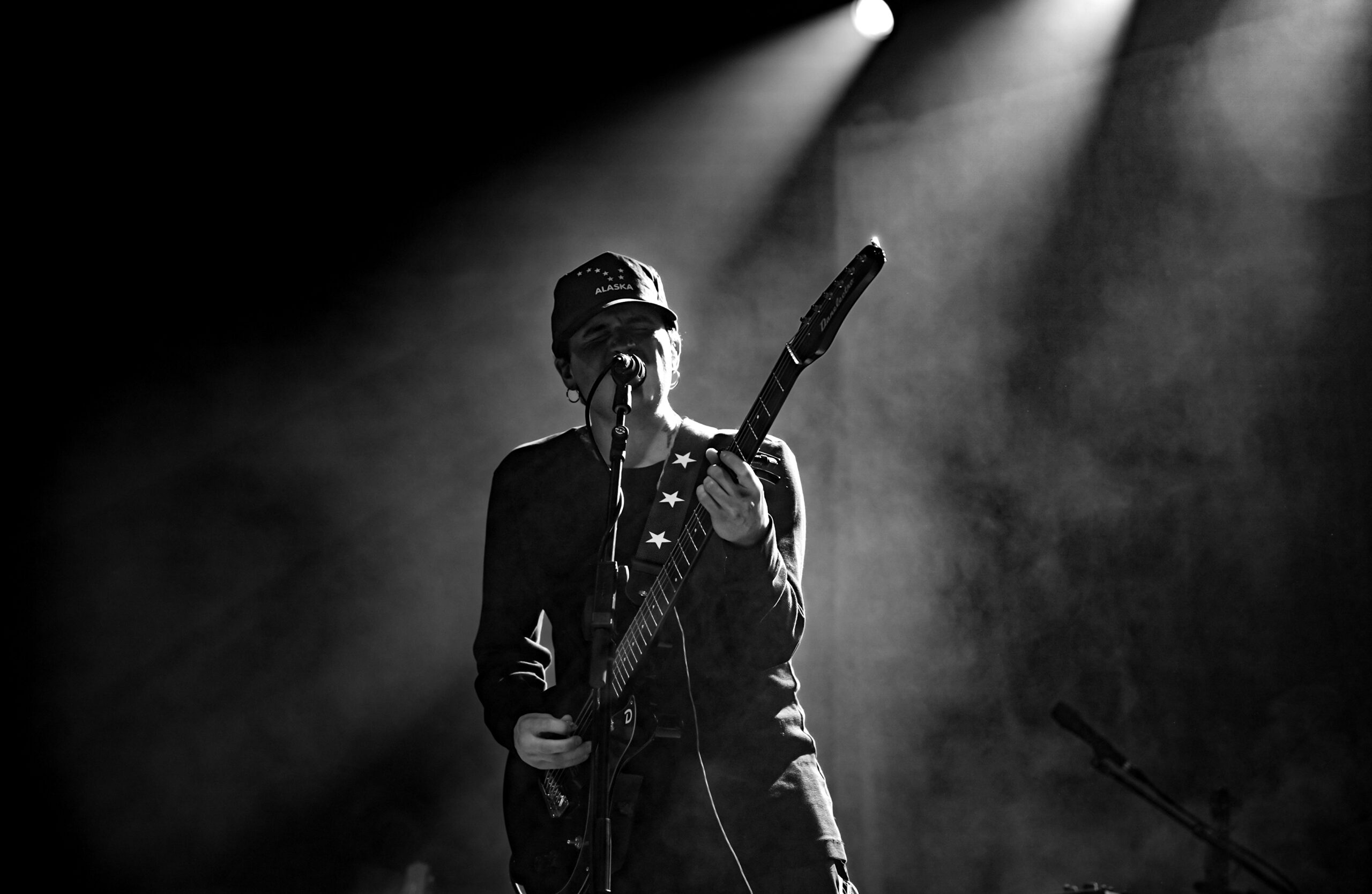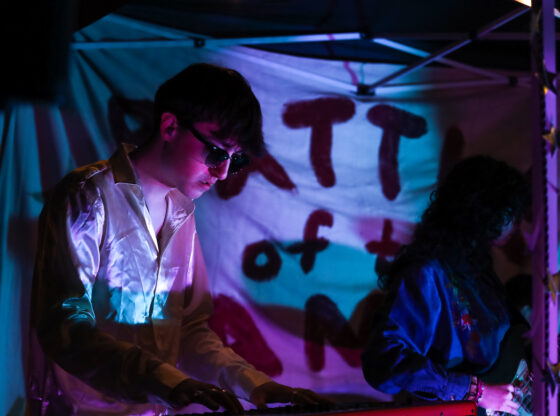Despite being over two decades into their now storied career, Garbage continue to harness their signature sound and turn it into raw energy as they rocked The Fillmore Auditorium on September 15. Playing through a long set that highlighted multiple focal points of their always evolving sound, the band brought their power to a crowd full of fans young and old, some of whom have loved the legendary group since their humble beginnings.
Garbage was formed in 1993 in Madison, WI. Butch Vig, the band’s drummer, was fresh off producing Nirvana’s infamous album “Nevermind” and was looking to start a band along with bassist Duke Erikson and guitarist Steve Marker. Looking to form a grunge band around the sound of remixes they had done for previous bands, ranging from U2 to Nine Inch Nails, the trio gave it an unsuccessful shot (one early performance actually spawned their name, as a listener shouted out, “This shit sounds like garbage!”). Then they discovered band Angelfish’s Scottish vocalist Shirley Manson and convinced her, after some growing pains, to join the band. Their debut album “Garbage” debuted in 1995, and the rest, as they say, is history.

The Fillmore set served as an excellent snapshot of not only this early period, but of the band’s career as a whole, including some very special moments highlighting the band’s many strengths. From mainstream grunge pop classics such as “Stupid Girl” to newer dark anthems like “Empty,” Garbage had the crowd dancing and raging; the band itself looked as fresh and innovative as they did all those years ago
Garbage’s performance of their single “#1 Crush” proved the song’s timelessness. An intense, obsessive track that defines Garbage’s darker sounds, the song is downright hypnotizing live and Manson truly brings the disturbing nature of the song to thematic life. In the encore of the show, the crowd was treated to the first live performance of the electric-soaked jam “Magnetized,” which is off the band’s newest atmospheric gem “Strange Little Birds,” an album that itself proves the band’s brand of industrial rock is better than ever.

The highlight of the band continues to be Manson, who breathes life and energy into the room. Backed by a signature production sound that can only be described as pissed, sad and thrashing around a warehouse, Manson brings both ferocity and emotional vulnerability to the group just as deftly as she did years ago. As a result, Garbage still puts on a show that captures the heart and soul of a genre otherwise defined by its rough edges.











